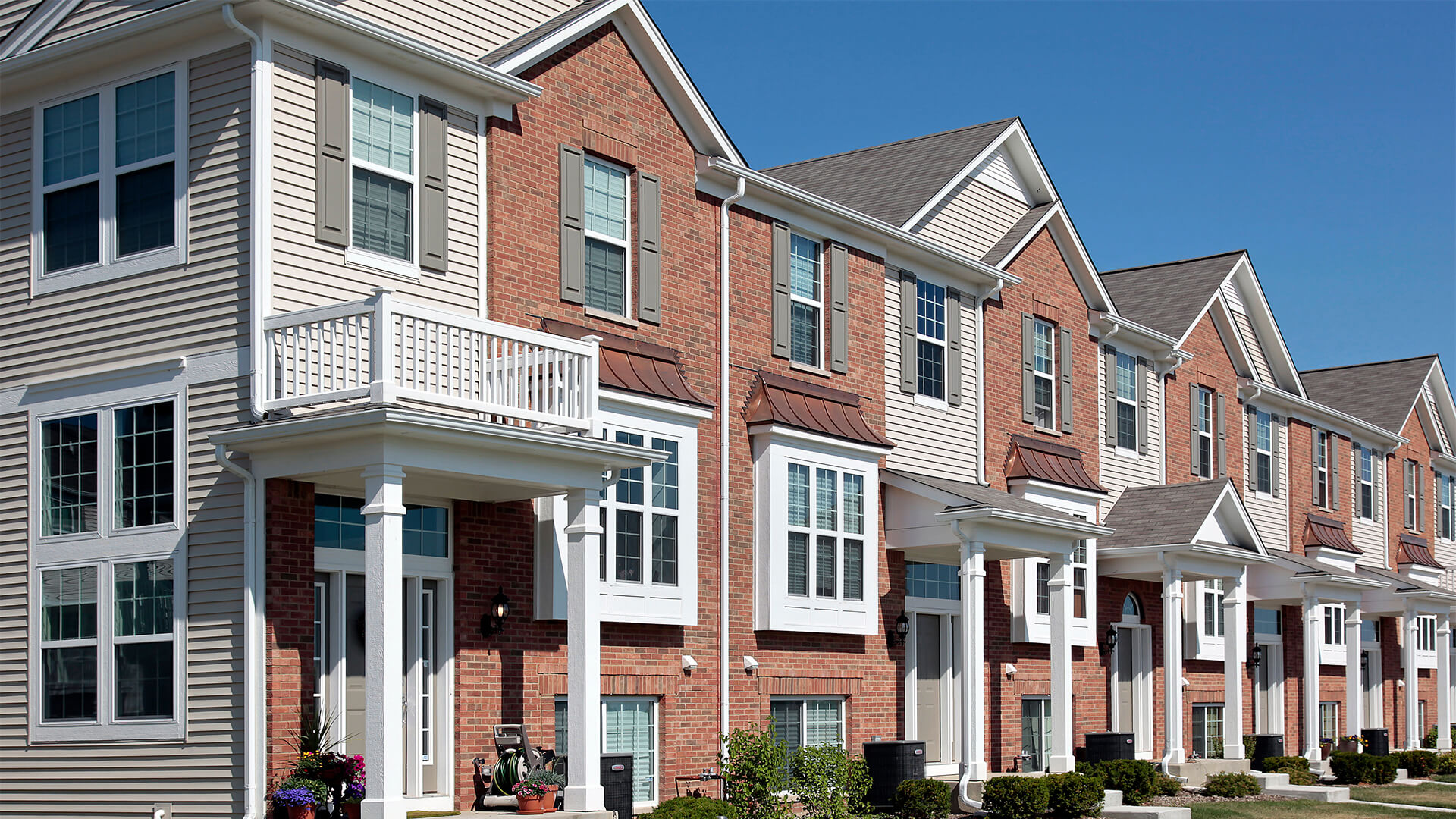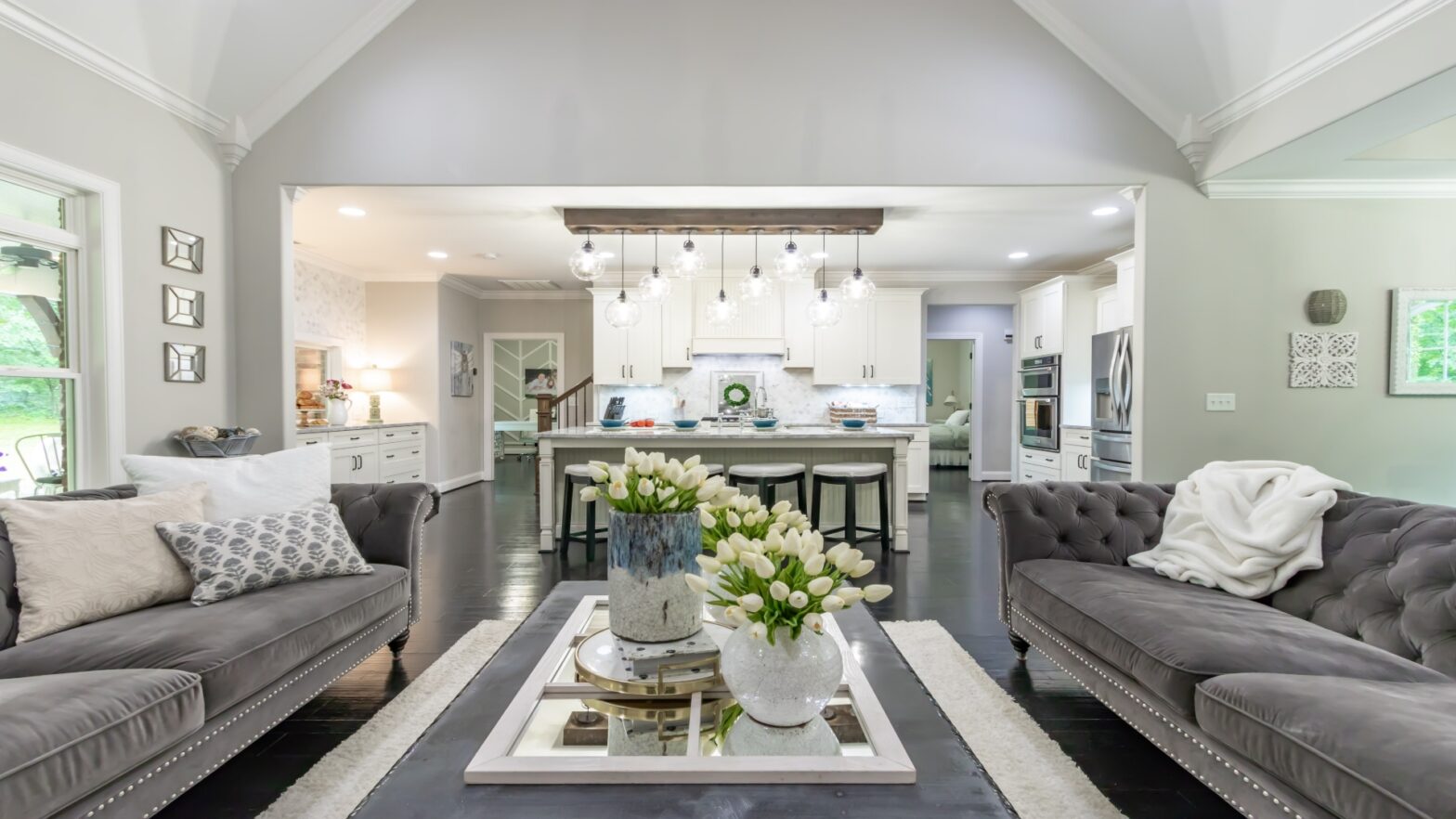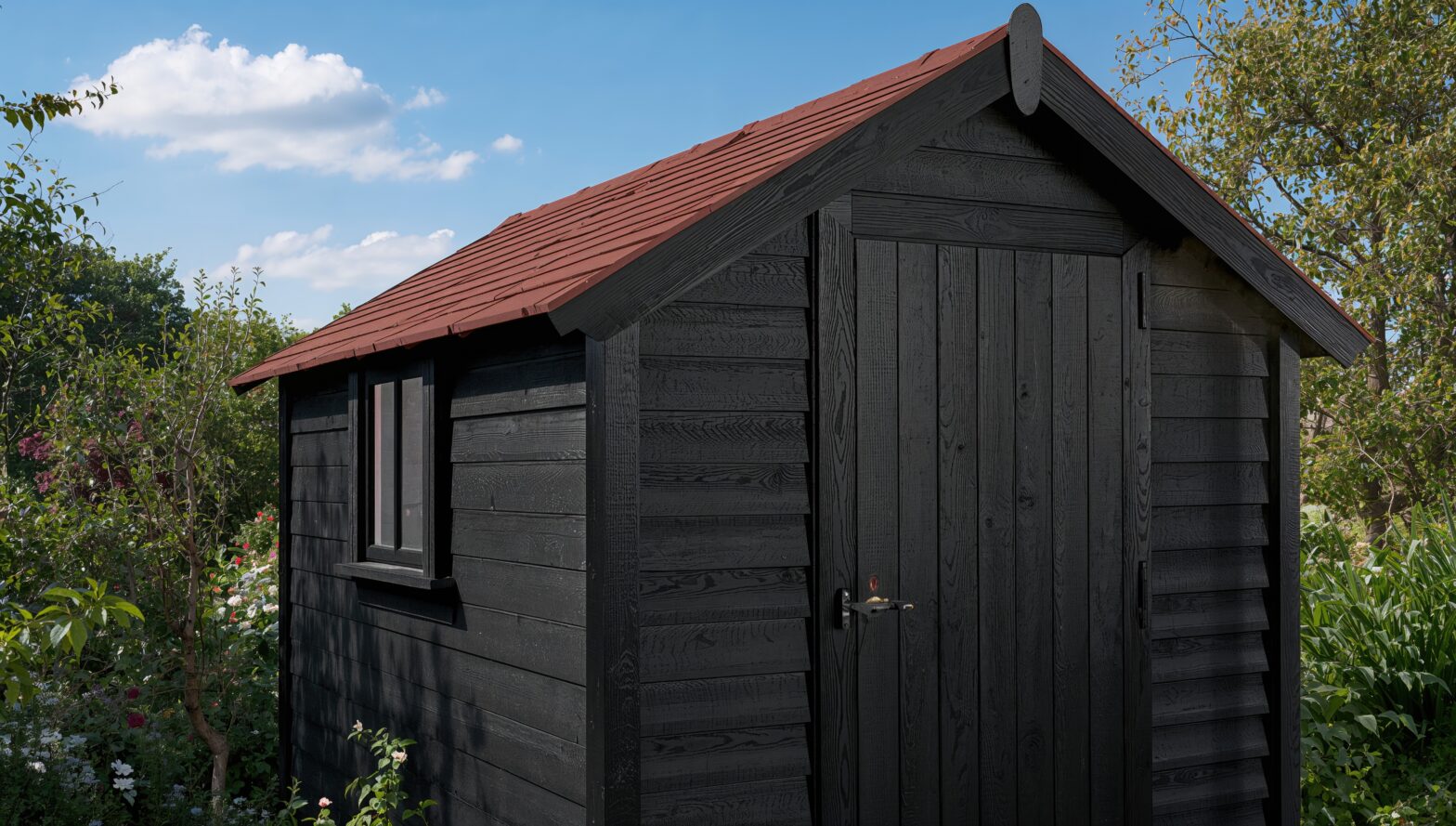By Evelyn Long, Editor-in-Chief of Renovated.
Today’s competitive housing market and economic recession make people more cautious than ever when buying a new home. They want to ensure they’ve found the right place, starting with the type of unit that makes sense for them. Townhouses are an ideal choice for first-time buyers with a conservative budget. However, there are certain things to know before taking the plunge into ownership.
Not the Same: Townhomes, Row Houses and Condos
New homebuyers or renters often confuse townhomes, row houses and condos, misguidedly believing these terms are interchangeable. However, these three types of units have features that make them distinctly different options.
Townhouses
Townhomes share one or two walls with neighbouring units, resembling narrower versions of single-family homes. Each connected dwelling looks identical or complementary to the others. Usually, they are part of a homeowner’s association, which will dictate certain parameters residents have to follow about noise, decorations and maintenance. Most townhomes or townhouses have multiple stories to make up for what they lose in width.
Row Houses
Row houses look very similar to townhouses but have two significant differences. They don’t generally belong to HOAs. Instead of being situated in the suburbs and planned developments, these are often inside city limits, typically taking up a whole block. Since they don’t belong to an HOA, each unit can have different decor and colour schemes.
The other key difference between townhomes and row houses is that the former rely on one another for stability — if one unit collapses, the whole building will fall. Row houses seem to share walls, but they can function independently. Each dwelling has its own exterior walls, butting up against the outside of the next.
Condos
Condos and townhouses typically have HOAs, but these two unit types differ dramatically from there. Living in a condo is equivalent to owning an apartment — residents have control over the inside of their unit but share a large building with others. The HOA takes care of everything outside the door, whereas townhome owners must maintain the land surrounding their residence, the exterior and the interior.
The costs of owning a condo or a townhome can also differ dramatically. Purchase prices and taxes are lower for condos because they have less square footage and no lot. Townhomes may be more expensive upfront, but their monthly HOA fees are typically lower because they offer fewer amenities and require homeowners to maintain their own lot.
Things to Consider
Before making a move on the “perfect” townhouse, potential buyers should ensure their wants and needs align with what this type of home can offer them.
Location
Townhomes are often located in suburban settings, getting occupants closer to the action than single-family homes typically are. Residents get all the benefits of city life, like shorter commutes and better access to restaurants and other experiences, without having to live in the city itself.
These dwellings are also commonly clustered in developments run by HOAs, so there’s an added sense of security and community.
Level of Privacy
Privacy is a main concern for people living in a townhouse. Sharing one or more walls with at least one neighbour can get loud at times. Living in a townhouse can also feel a bit like being in a fishbowl — someone is always right there, watching the comings and goings.
However, the closeness of residences can establish a firm sense of community, with someone to go to for help in times of need. Also, since townhomes often are part of an HOA, events provide even more opportunities to get close to neighbours.
Amenities
Townhome ownership usually brings with it plenty of amenities. These units most frequently sit just outside major hubs, so residents benefit from gyms, restaurants and movie theatres.
Belonging to an HOA also comes with its share of perks like a community pool, clubhouse, playground and golf.
Accessibility
Most townhouses have two or more stories to create enough interior square footage. However, this makes them less accessible for older adults and people with different mobility needs. In those instances, a one-story single-family residence or condo building with an elevator might be more beneficial.
Affordability
Townhomes provide a feasible option for new homebuyers with limited budgets. Their reduced square footage makes them a cheaper alternative to other dwelling types in the same area. They also have lower taxes than single-family homes because owners have control over less land.
However, townhouses typically carry monthly HOA dues potential buyers need to factor into their budget.
HOA Rules and Regulations
Potential homeowners considering a townhouse should pay careful attention to the specifics of their dream purchase. Most of these units belong to an HOA, so they’ll have added monthly fees and a set of rules residents must adhere to.
The rules and regulations for townhomes in HOAs may seem restrictive and pointless sometimes, but they add curb appeal and resale value to these residences. Putting up with parking measures and keeping the lawn at a certain height may be worth it in the long run.
Townhomes Meet a Specific Set of Needs
Each type of home has unique qualities, and townhomes are no exception. Prospective buyers will want to consider their individual needs and circumstances before deciding if this type of unit is right for them.
Townhouses are ideal for those with a lower budget who want to be close to the city’s action. Residents benefit from amenities and have a say over the exterior and interior of their homes without hours of maintenance. That makes these residences an attractive option.





























